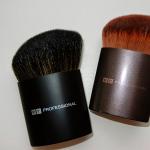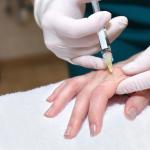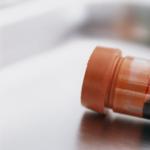Dermatovenerologist - who is he? What does a dermatovenerologist treat?
The integument, as well as the genital organs, are quite widespread in modern society. A dermatovenerologist treats such ailments. At the same time, many still do not know who to turn to with problems of the skin and genitals.
Dermatovenerologist - who is he?
Doctors in this specialty treat skin and sexual diseases. Today their services are in great demand. In addition, consultation with a dermatovenerologist is necessary for those who have problems with nails and hair.
There are two ways to get this specialty. The first of them involves completing an internship in this profile. In this case, the young specialist works in the dermatovenerological department, where he receives initial skills. The second option involves additional training of a doctor in a therapeutic specialty for 4 months on the basis of a specialized center for advanced training of senior medical personnel.
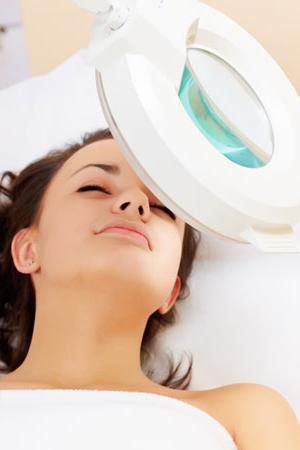
Where can I consult a dermatovenerologist?
Currently, dermatovenerologists represent a fairly large group of doctors. They receive patients not only in specialized centers, but also in regular clinics. Naturally, the full range of examinations is available only in dermatovenerological hospitals. However, a simple consultation can be obtained without visiting one.
Dermatovenereologists are also often seen in cosmetology centers. There they not only treat skin diseases, but also carry out various procedures aimed at improving the condition of a person’s outer skin, hair and nails. Currently this is in great demand.
About cosmetology services
Among the services that a cosmetologist-dermatovenerologist can provide, there are also procedures performed to improve the condition of the skin. They acquire particular importance in the case when it is necessary to eliminate any defect. This is about:
- scars;
- scars;
- warts;
- moles;
- calluses;
- subcutaneous networks of small vessels, etc.
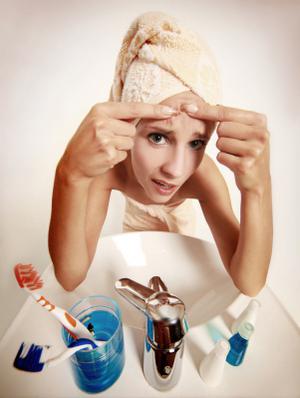
Currently, their removal is most often carried out using cryodestruction (local exposure or mechanical means.
About what a dermatovenerologist treats
Such a specialist has the skills to effectively combat many diseases. Among them are diseases:
- skin;
- nails;
- hair;
- genitals.
Treatment of skin diseases
Many people answer the question: “Dermatovenerologist - who is this?” - they answer confidently that such a doctor deals with all kinds of skin problems. Diseases in this particular area most often force a person to turn to this specialist.
The dermatovenerologist begins the medical examination by asking the patient to show the affected area. At the same time, he is interested in the circumstances after which the patient noticed that he had skin problems. The fact is that many ailments in this area occur after contact with all kinds of irritating substances. In this case we are talking about contact dermatitis. Such a disease is not uncommon in modern society. This is due, first of all, to the fact that now the amount of chemicals used in various fields is much greater than before.
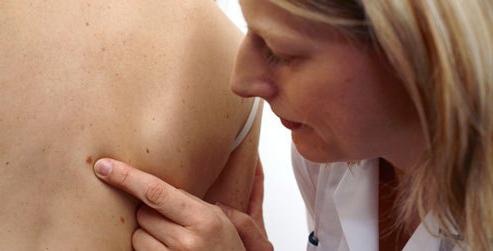
Infectious skin diseases
In modern society, diseases such as scabies and pediculosis are not that common. This is due to an increase in the level of hygiene culture of people. But, unfortunately, such diseases can sometimes still occur. Naturally, they are treated by a dermatovenerologist. Every person who has an excessive amount of acne should also know who he is and what he does. If the body is weakened, then various bacteria can threaten its skin. In this case, furunculosis often develops. Unlike regular acne, the cause of which is hormonal changes in the body, the presence of this disease indicates significant problems with the immune system. A person with such a problem should definitely be examined by a dermatovenerologist. Anyone who ignores this may face even more serious consequences. After all, it may well spread and become a generalized form. In this case, serious antibiotic therapy may be required in a specialized hospital.
If an infectious skin disease is suspected, a dermatovenerologist will take the scraping. What does he test using this research method? Of course, a specific type of microorganism that caused the development of the pathological process.
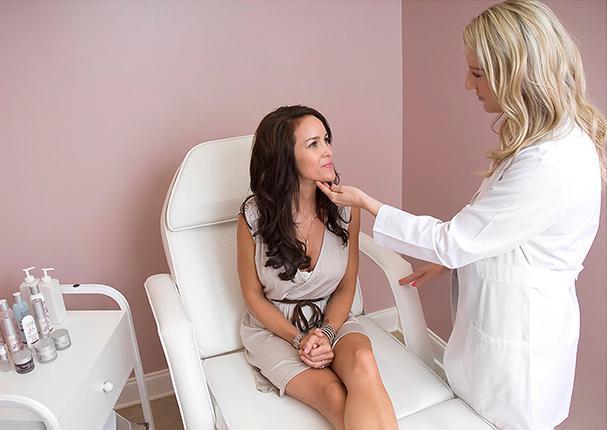
About hair problems
Currently, there is a separate specialty for the treatment of hair-related diseases - a trichologist. Unfortunately, there are very few of them. As a result, a dermatovenerologist most often deals with such problems. Anyone who doesn’t know this risks worsening the condition of their hair. It would seem, what problems, besides dandruff, can affect this area? In fact, there are a great many hair diseases. This is about:
- alopecia;
- seborrhea;
- folliculitis;
- trichoclasia (increased hair fragility);
- trichonodiasis and others.
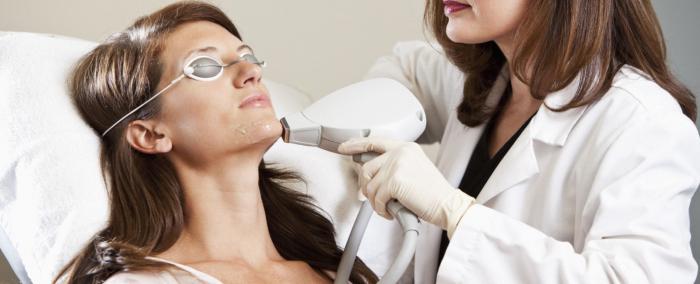
All these diseases require timely treatment, otherwise their course becomes chronic.
Nail diseases
Diseases in this area are very common. Most often we are talking about mycoses. They are fungal infections of the nails. These diseases are also treated by a dermatovenerologist. Anyone who doesn’t know this and turns to a specialist too late is forced to suffer from serious nail problems for a long time. The fact is that if not treated in a timely manner, the fungus quickly leads to pronounced changes in the structure of the nail. If antimycotic drugs are prescribed by a dermatovenerologist on time, then the pathological process will be local and will not cause much harm.

About sexually transmitted diseases
Many people believe that a dermatovenerologist deals only with skin problems. What does he check besides skin? Of course, the condition of the genital organs. At the same time, it is recommended to visit this specialist for testing not only for those who already have serious problems, but also for every person leading a promiscuous sex life. The fact is that even one casual relationship can cause infection with the most dangerous sexually transmitted diseases. So, for your own peace of mind and early detection of pathology, it is better to contact a specialist as soon as possible.
A dermatovenerologist can issue a referral for either one specific test or a full range of tests. Mono-studies are the most rational option in cases where one of the partners has already been diagnosed with a particular disease. If there was accidental unprotected contact, then it is better to get checked completely.
Among the most well-known sexually transmitted diseases, it is necessary to note syphilis, human immunodeficiency virus, gonorrhea, as well as trichomoniasis and chlamydia.
Syphilis and gonorrhea are quite dangerous diseases, but only in cases where specific treatment is not carried out. If the dermatovenerologist prescribes the appropriate medications, then in a few months his patient will be able to return to a completely normal life.
A much more serious disease is HIV. The fact is that at present there is no sufficiently effective cure for it. There are drugs that can reduce the rate of progression of the pathological process, but no dermatovenerologist or infectious disease specialist can get rid of it.
How should a specialist’s office be equipped?
The characteristics of the diseases treated by a dermatovenerologist determine the list of equipment necessary for productive work. First of all, this specialist must have a large number of disposable gloves. The fact is that after examining each of his patients, he is obliged to change them. Otherwise, there is a possibility of infection of the dermatovenerologist himself and his clients.
Also, any doctor of this specialty always has a couch in his office, which is closed with an opaque partition from prying eyes. At the workplaces of many dermatovenerologists there is also something that greatly simplifies the diagnostic process. Such specialists also have sets of tools for removing warts and papillomas. The dermatovenerologist's office is also equipped. After several hours of consultation, the doctor leaves his workplace for about 10 minutes. At this time, the lamps are turned on, emitting rays that are harmful to microorganisms. Subsequently, patient admissions are resumed under relatively sterile conditions. This scheme of work makes it possible to almost completely eliminate the possibility of nosocomial transmission of infection in the dermatovenerological office.


